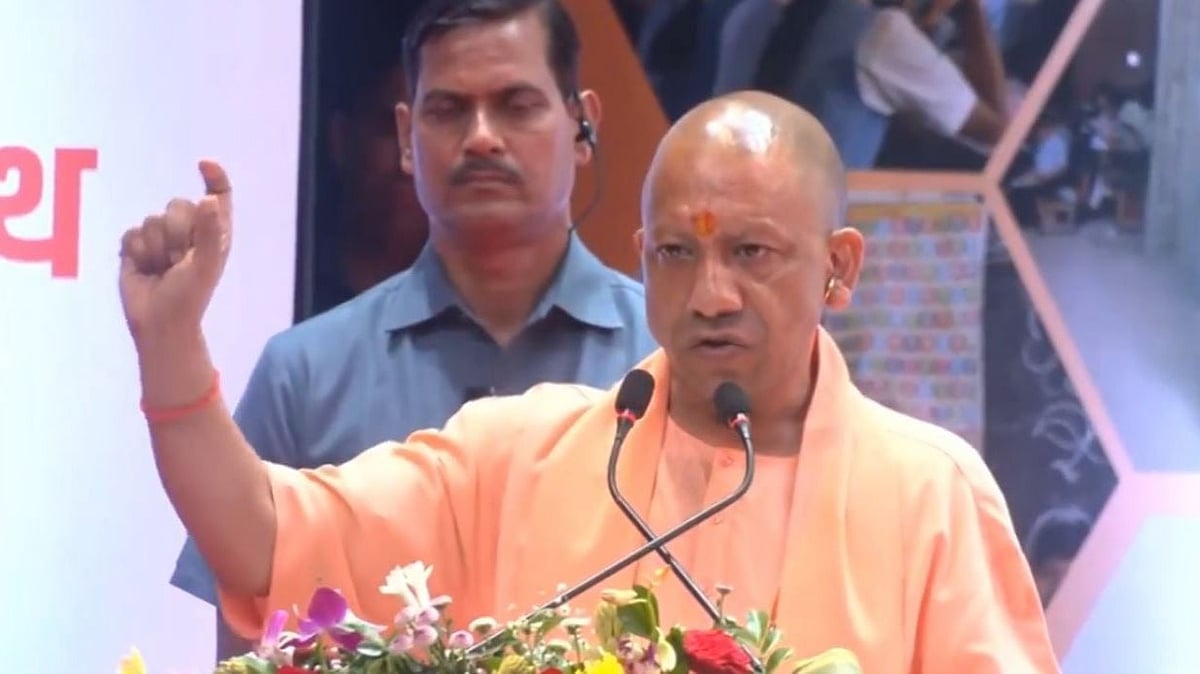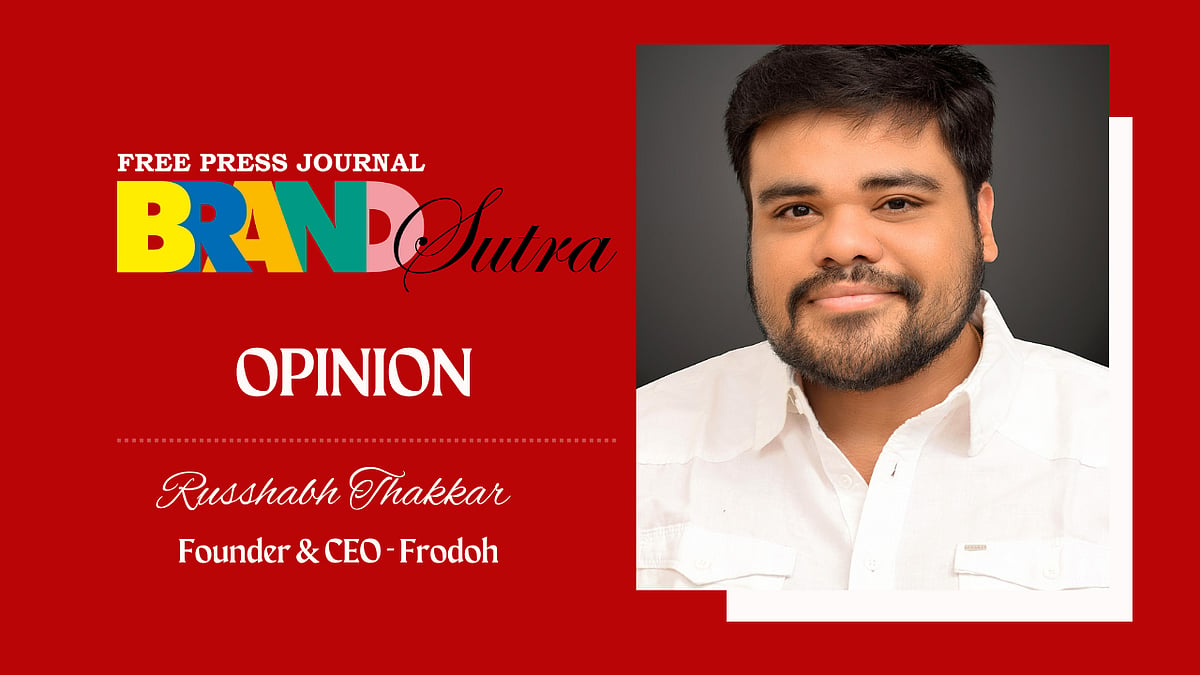Where the telephone took over a century for mass adoption in India, and television decades to reach villages, the internet achieved near-universal reach in just 25 years. Today, Artificial Intelligence (AI) is being adopted at a speed that dwarfs its predecessors, threatening to automate complex technical skills faster than professionals can adapt. The world is accelerating at a pace previously unimaginable. And this rapid technological evolution has fueled a widespread fear of AI-induced unemployment.
In this landscape of radical change, the nature of education — especially at the leadership level — must fundamentally shift. Being merely excellent at one’s job is no longer a guarantee of professional longevity. For Gopal Shukla, Chief Executive Officer at the IIT Bombay-Washington University Executive MBA program, the future is uncertain, but the response must be clear: transform leaders into ‘change agents’ equipped with human skills and a deep sense of purpose.
Shukla notes the chilling pace of change. “I cannot see beyond 1.5 years,” he admits, highlighting the difficulty in planning curricula for a world that reinvents itself every few quarters.
The IIT Bombay x Wash U program attracts seasoned professionals — often with 18 to 20 years of experience and an average age of 42 — who recognise that the old ways of working are obsolete. These are individuals from diverse fields, including technology, BFSI, consulting, and government service, all seeking to achieve the next level of global growth or transform their ventures five to tenfold.
The sheer speed of AI adoption is expected to create massive global unemployment in the next three to five years, completely taking over the majority of technical skills that humans currently perform. This makes a pivotal question for educators: how do you prepare candidates to very smartly work alongside artificial intelligence?
The challenge extends far beyond the professional sphere. Recent studies, including a 2023 report noting that 22% of Gen Z "often or always" feel depressed, underscore a growing crisis of mental health and existential meaning, which is expected to worsen as jobs disappear. When work — which provides a routine, a livelihood, and social connection — is lost to automation, people will need to find a new reason to live.
This is where Shukla’s philosophy centers on resilience, mental fitness, and purpose. He believes the Indian advantage — our domination of global leadership roles — stems not just from complex technical skills, but from our deep connection to community, culture, and spirituality. Losing a job, therefore, should not equate to losing one's identity.
The joint EMBA program, which prepares candidates for CXO-level roles, is intentionally structured to be transformative. The collaboration is key: IIT Bombay brings its strength in technology, analytical rigour, and an innovation-entrepreneurship culture, while Washington University provides deep experience in management education, global business strategy, and leadership development. This blend ensures graduates possess both — management frameworks and global perspective needed to lead.
For the youth facing a future defined by AI, Shukla offers a three-pronged strategy to ensure their survival and success:
Mental Fitness & High Purpose: Students must be protected from depression by focusing on a higher purpose of life, their responsibilities towards their communities, sustainability, and finding meaningful work that transcends a job title.
Entrepreneurial Toolkit: As traditional jobs dwindle, there must be a massive push for entrepreneurship. This requires more business incubation, more support, and more programs, even at the school level, to equip youth with the tools to solve problems and create new businesses.
Global Exposure: Gaining global access and exposure is critical to understanding new opportunities being created worldwide and ensuring Indian enterprises are able to collaborate and compete internationally.
The future of education is not about mastering the latest technical skill, but about cultivating humanity, resilience and a mindset of creation. The race against AI is not a race for technical mastery, but for human relevance.









